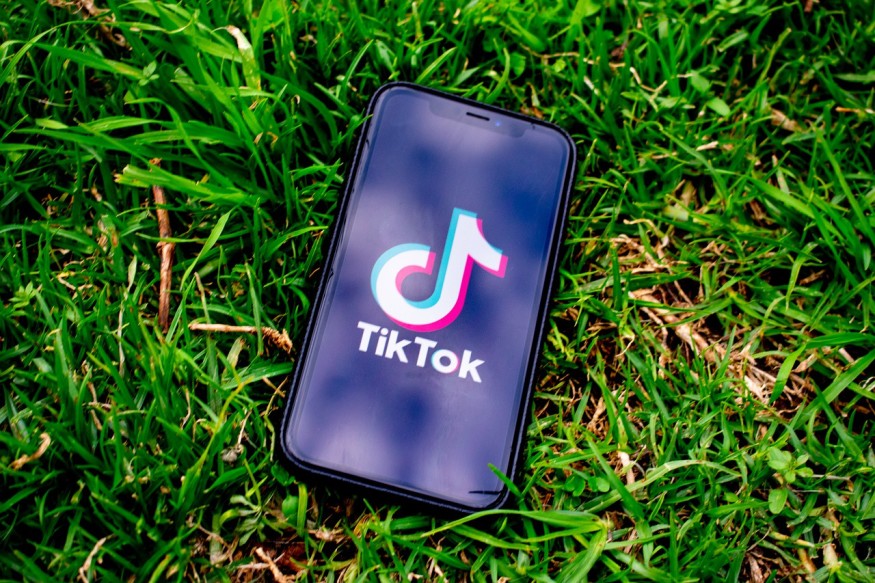TikTok has emerged during the early days of the pandemic as families or people have desperately looked for fun while being stuck at home. These entertaining video clips of choreographed dances have given everyone something to do and made them spend time together. However, multiple studies have shown that too much of TikTok can also be bad for the brain.

TikTok Narrows Collective Attention Span
TikTok's short video format has been linked to a decrease in attention span. According to an article in The Independent, those who use the app for over 90 minutes can narrow the collective attention span over time.
Every day there are new trends on TikTok that can be found via hashtags on the app's Explore page. Videos in this app can be anything that people can relate to. During lockdowns, many have spent more time on their phone and computers streaming videos on TikTok and now the number of users even increased.
Although an article in EurekAlert! suggested that there is no scientific evidence that other apps like Instagram and Facebook can impact attention span as constant coverage and access to any content does do something to the brains.
A study, titled "Accelerating Dynamics of Collective Attention" published in Nature Communications, showed a dramatic decrease in the attention span of people over time. For instance, researchers from the Technical University of Denmark pointed out that a 2013 hashtag on average stayed on top for 17.5 hours, but in 2016, a top hashtag only stayed for an average of 11.9 hours.
In recent years, people's constant need for faster information, new content, and exciting daily trends has ever grown. Some users even reported that they used to watch a 10-30 minute video in the past but have now found themselves losing interest in a matter of a few minutes. They could feel their patience running out despite being genuinely interested in the video.
Although the study does not explicitly talk about Tiktok, this is a relevant study that suggests the app has genuinely affected people's brain. A previous report from Science Times even featured the increased number of tics in teen girls following the viral Tourette videos shared in TikTok.
ALSO READ: TikTok Launches New Features; An Initiative to Help Enhance Mental Health of Teens
Should People Stop Using TikTok?
Despite studies pointing out the possible dangers of consuming too much content, the beauty of TikTok, for now, is that it is relatable, unfiltered, and at times heartbreaking, humorous, and discusses even the mental health issues.
In an article in PsyPost, Thea Gallagher, PsyD said that highlighting mental health conditions in the TikTok video brings them awareness, which is important. The more young people are aware of these conditions, the more comfortable they are talking about mental health issues and managing their symptoms.
Psychiatrist Dr. David J. Puder added that most of the mental health videos in TikTok are positive because they show enthusiasm for understanding the mind and science, which helps reduce stigma and get people into mental health treatment.
But Dr. Gallagher has cautioned people in consuming information. She said people should be careful in giving advice and taking advice from as wrong information could cause damage to people.
More so, she emphasized not to use TikTok as a form of therapy as it is still important to out to a therapist or mental health professional. She also said to do your own research by looking for evidence-based treatment for a certain condition. After all, knowledge is power.
RELATED ARTICLE : TikTok's Viral Tourette Videos Play a Role in Rapid Increase of Tics in Teen Girls
Check out more news and information on TikTok and Mental Health in Science.
© 2026 ScienceTimes.com All rights reserved. Do not reproduce without permission. The window to the world of Science Times.












